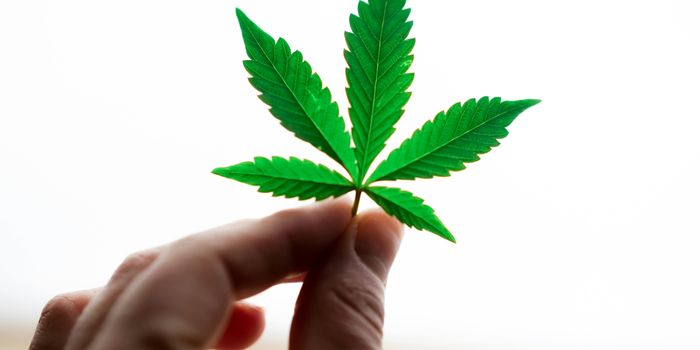Cannabinoid Modulation: How CBD Negates THC
The cannabinoid delta-9 tetrahydrocannabinol (THC) will produce psychoactive effects when consumed. The outcome is due to the affinity THC has to receptors in the brain, specifically the CB1 receptor. The CB1 receptor is the most abundant receptor in our brain and appears abundantly in the limbic system. The limbic system is a set of structures that lies on both sides of the thalamus, in the center of your brain. It includes the hypothalamus, the hippocampus, the amygdala, and other nearby areas. It is responsible for emotion, hunger, thirst, response to pain, pleasure, and behavior, amongst other things. The contorting of this system can bring on psychoactive effects often felt when consuming cannabis. This has led to the rise in items such as Delta 8 gummies. But have you heard that the cannabinoid cannabidiol (CBD) can negate the psychoactive effects of THC? This is why some use CBD flower to counteract flower that is more heavy on the THC.
In the past, there have been conflicting ideas of how CBD interacts with the CB1 receptor. At one point in time we believed CBD did not interact at all with the CB1 receptor, and then it was concluded that it was a weak antagonist, binding to the same site as THC or anandamide and blocking the activation. However, a 2015 study showed that CBD functions as a negative allosteric modulator, which means that CBD binds to a site on the CB1 receptor distinct from the THC binding site. This attachment causes the receptor site where THC binds to change the shape of the receptor which creates a lesser binding of THC and less activation of the CB1 receptor. In a 2015 study published in the British Journal of Pharmacology it was seen that the supplementation of CBD reduced the potency and efficacy of 2-arachidonylglycerol (2-AG) and THC, putting CBD into the category of a negative allosteric modulator.
Image Credit: Leaf Science
It is easy to assume that CBD is capable of blocking the effects of THC, but in reality, the results are inconsistent. In some cases, CBD reduced the effects of THC, and in other cases, it exacerbated the effects of THC. The reason for this is because of multiple mechanisms in which CBD interacts with THC.
The first is by a pharmacokinetic mechanism by which a molecule modulates the effects of another molecule. CBD produces this effect by boosting blood levels of THC by inhibiting the CYP2C9 enzyme. This is the enzyme responsible for metabolizing THC. It has also been seen that by administering CBD before THC, increased levels of THC were measured in the blood and brain of rats and mice.
The second mechanism is by direct pharmacodynamics, which is when a molecule modulates the effects of another molecule by binding to the same receptor. This is accomplished by CBD acting as a negative allosteric modulator and reducing the activation of the CB1 receptor.
The third mechanism is when a molecule modulates the effect of another molecule by binding to a different receptor. An example of this would be the sedation effect felt when myrcene, a terpene found in cannabis, acts at GABA-A receptors. Another example would be the reduction of anxiety by CBD acting at the serotonin 5-HT1A receptor. A study published in 2016 by the company Ebbu reported they found eight different terpenes and three different cannabinoids that increase the potency of THC at the CB1 receptor.
So, does CBD negate the psychoactive effects of THC? Well, yes but animal studies show that seeing an effect depends on the size of the CBD dose, the cannabinoid ratio, and the time each was taken.
Sources: PubMed, Prof. of Pot, Leaf Science, Kaya Collective











